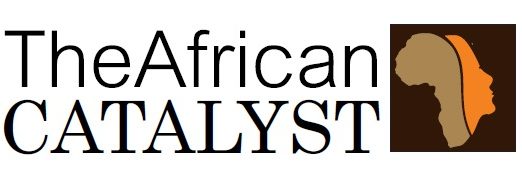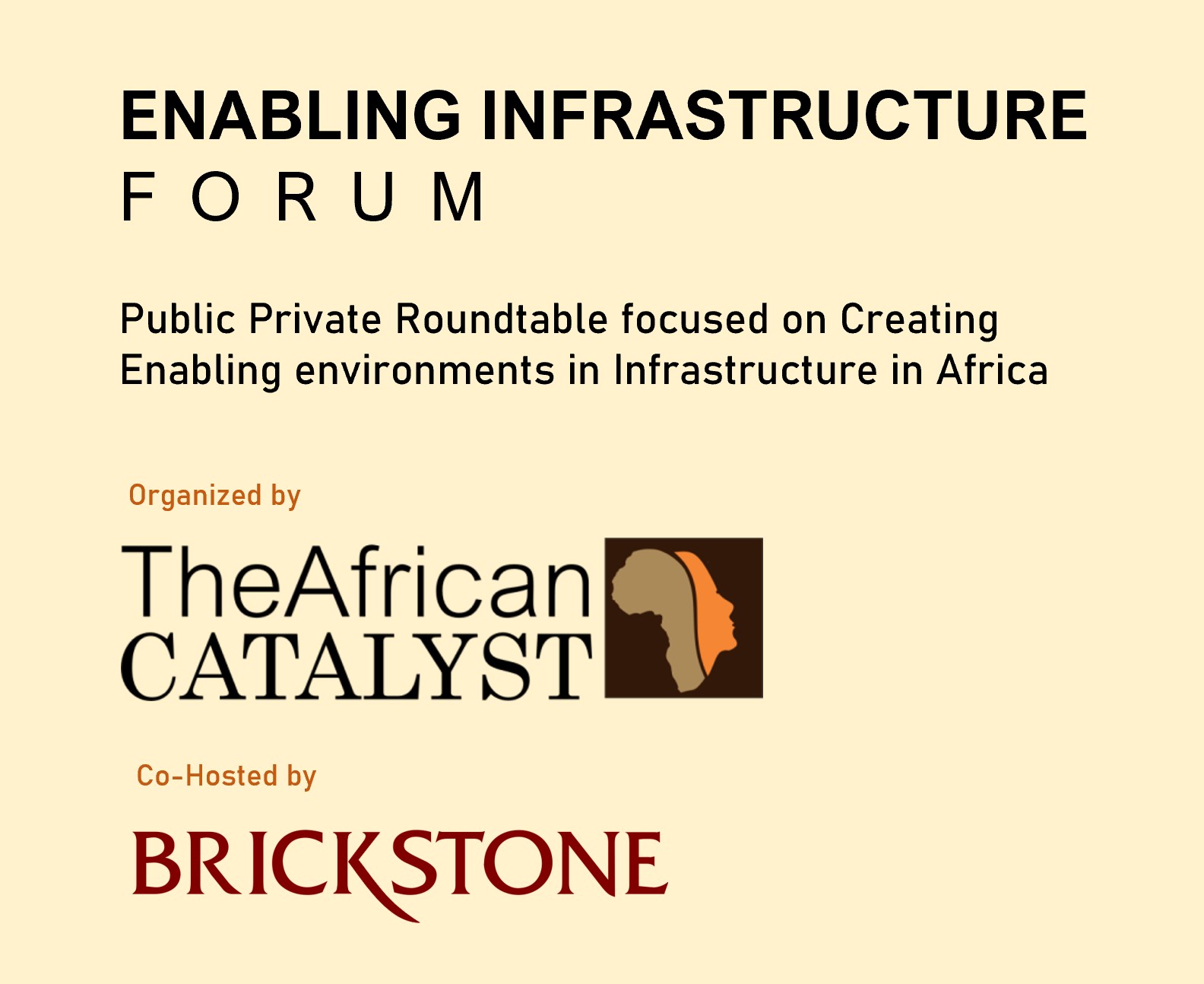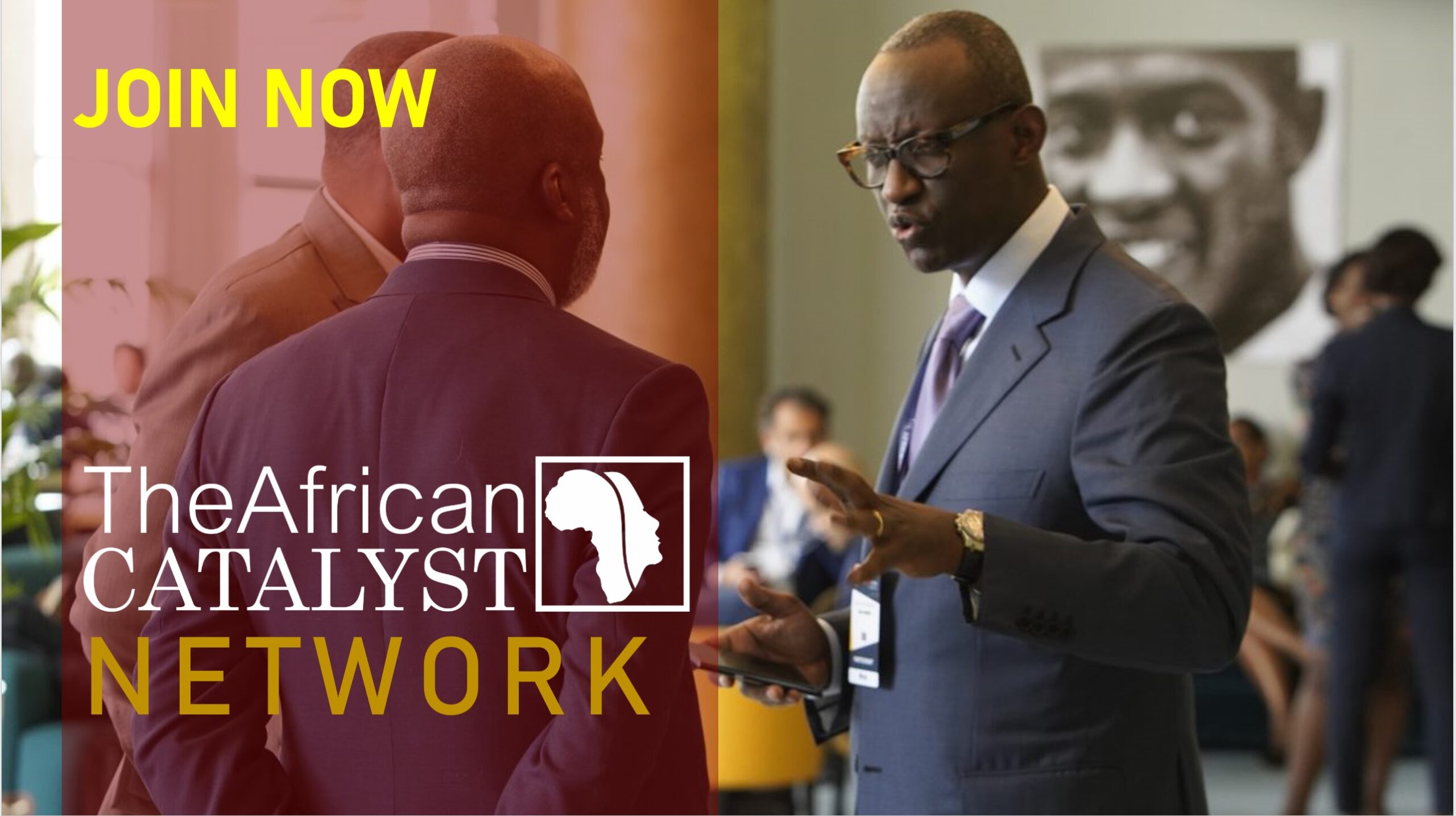The 2nd Dakar Financing Summit for Africa’s Infrastructure Development took place in Senegal from January 25 to 27th. The summit, which was themed “Maintaining the momentum towards world-class infrastructure in Africa”, aimed to rally key stakeholders, including African governments, the private sector, development finance institutions, institutional investors, and development partners around the second PIDA Priority Action Plan (PIDA PAP 2). Africa is taking a positive turn to revive its regional and intra-African economies and regain its place in the global economy.
The plan comprised 69 projects in the water, energy, ICT and transport sectors, with an investment value of $160 billion, endorsed by the AU Assembly of Heads of State and Government in 2021. The summit featured presidential roundtables, panel discussions and boardroom sessions to discuss specific infrastructure projects.
This article by The African Catalyst reviews publications and reports on the recently concluded 2nd Dakar Financing Summit For Africa's Infrastructure Development, highlighting key facts and takeaways.
Investment in Science and Technology and African Economic Boom
Infrastructure development is a major enabler of sustainable and inclusive economic growth and a driver of success for the African continent. Its crucial contribution to raising the continent's competitiveness and economic integration is beyond a doubt. Inadequate infrastructure can be a significant barrier to Africa's long-term progress, but it can also be a significant opportunity.
The African Catalyst in partnership with Brickstone is co-hosting the Enabling Infrastructure Forum scheduled to hold in June 2023 in Lagos, Nigeria. The forum will discuss closely with the Government for policy evolution and on-the-ground implementation which attempts to influence key stakeholders in the areas of – Early Stage Development and Financing of Low Carbon Infrastructure.
The forum will assemble key leaders in Africa's infrastructure delivery to discuss infrastructure challenges and opportunities; and how innovations in project delivery and readiness, deal structuring, and sustainability solutions can help to solve critical issues for Low Carbon Infrastructure
Click the link to get more information and save the date.
Africa still has significant infrastructure gaps in every sector, both in terms of access and quality, despite advancements in connecting regional infrastructure since the founding of the African Union and the start of its NEPAD program in the early 2000s.
The Programme for Infrastructure Development in Africa (PIDA), the continent's master plan for infrastructure development for the years 2012–2040, was adopted by African leaders in July 2012 as a response to these difficulties. PIDA offers a strategic framework for priority projects with the goal of transforming Africa by building cutting-edge infrastructure to increase Africa's competitiveness and economic integration.
The 2nd Dakar Financing Summit gathered over 1200 participants including African heads of state, regional economic communities (RECs), policy makers, development finance institutions (DFIs), multilateral development banks (MDBs), partner organisations as well as private companies to drive collective support for PIDA 69 projects (as called PIDA PAP2) catalysing the path to resource mobilisation and successful implementation of PIDA.
The following are key facts and takeaways from the 2nd Dakar Financing Summit:
- Infrastructure at the Heart of Development: The high-level summit placed emphasis on infrastructure as a cornerstone of the continent's development as it supports economic activity and ensures the mobility that is essential to the integration process. However, in Africa, the deficit in physical and digital infrastructure remains high. Governments and participants called on to commit to concrete actions that will move the continent forward. Also, the support of the private sector was emphasized as it equally remains a key to mobilizing the $8 billion that will enable us to secure bankability the projects carried by PIDA PAP 2 over the next five years.
- A Focus on Integration: According to the CFGD, PIDA’s action plan concentrates on crowding in multi-sectoral infrastructure for maximum output on jobs created, economic opportunities, and driving economic integration across the continent. In practice this would mean developing a port, a highway, and an energy grid which benefits one or more countries at the same time. The emphasis will be on developing projects that contribute to and drive regional integration.
- Financing SMEs: During the 2nd Dakar Financing Summit, the AfDB and the Government of Canada established a special fund to boost Africa’s small and medium-sized enterprises (SMEs) in the agriculture sector. The Agri-food SME Catalytic Financing Mechanism aims to bolster agricultural value chains and improve food security across Africa, as the continent grapples with harsh climatic changes including severe drought.
- Time for Africa to Feed Itself: The 2nd Dakar Financing Summit takes Africa’s food agenda forward as there was firm agreement that Africa should set the bar much higher than simply becoming self-sufficient in food production, and that more action is needed to ensure that Africa does not lag behind. According to the president of Senegal and the African Union, Macky Sall, “To transform our potential into reality, we need to allocate at least 10% of the national budget to the agricultural sector”.
Read more here.



